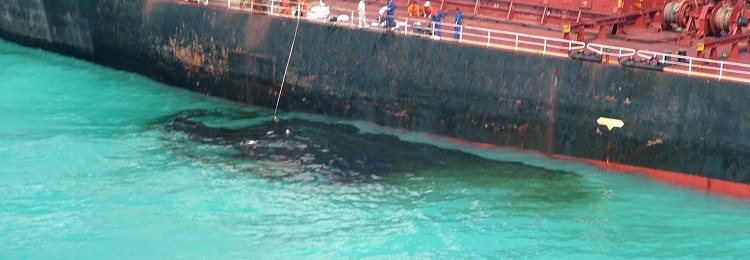iSCREAM

Shipping Accident Oil Spill Consequences and Response Effectiveness in Arctic Marine Environments
Context, objectives and scope
While maritime transportation is a critical economic activity, which provides important benefits and services to coastal communities, there are justified concerns about the possible detrimental impacts of shipping. Oil spills are a particularly acute hazard to marine ecosystems, and can severely disrupt human uses of the marine space. Despite the significant efforts to improve maritime safety, oil spills still occur, even in the most regulated and best monitored sea areas. Hence, adequate preparedness for and response to oil spills are important aspects of marine environmental protection. Focusing on accidental spills from vessels, particularly in Arctic marine environments, the project will develop new models and tools, and perform case studies to support oil spill preparedness planning and tactical response operations by local and national authorities, and private responders.
The research consists of an interrelated set of activities:
- Organization of a workshop for engaging government and private sector stakeholders in developing design specifications for the envisaged tools, and for contributing necessary domain knowledge.
- Development of a new model for the rapid prediction of accidental oil outflow from damaged vessels under a range of environmental conditions and accident scenarios.
- Development of new model for assessing the oil spill response effectiveness, including the technical response systems and the logistical support operations, under a variety of environmental conditions and accident scenarios.
- Development of software tools implementing the models.
Research questions
- In case of a collision or grounding accident, how large would the damage be, and how much oil would flow out from the damaged vessel? How do wave, current, tidal, and cold climate effects influence the oil outflow?
- How can input and model parameter uncertainties be accounted for in the oil outflow model development, so that users have an accurate estimate while being adequately informed about the range of uncertainty about these estimates?
- How effective is the oil spill response, considering different spill types, different technologies, environmental conditions, and organizational aspects?
